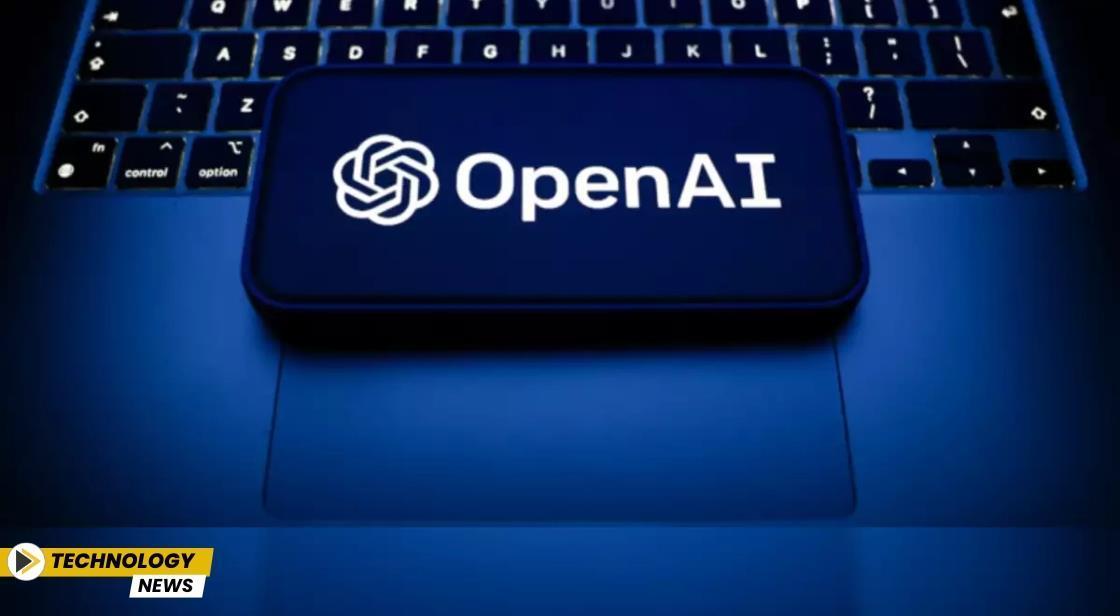OpenAI to Roll Out Parental Controls in ChatGPT Soon: Key Details Inside

News Synopsis
OpenAI is introducing parental controls in ChatGPT, aimed at helping parents monitor and manage their teen’s interactions with the AI chatbot. These new features are designed to enhance user safety, notify parents of potential distress, and encourage responsible use. The rollout builds on existing in-app safety tools such as reminders during long sessions to take breaks.
New Parental Controls Coming to ChatGPT
Within the next month, OpenAI will offer parents a set of tools to monitor and guide their teen’s use of ChatGPT (minimum age 13). Key features include:
-
Connect Accounts: Parents can link their accounts to a teen’s via a simple email invitation, enabling oversight of the teen’s interactions.
-
Set Usage Rules: Age-appropriate behavior settings will be applied by default, ensuring teens have a safer, controlled experience.
-
Disable Features: Parents can selectively turn off features like memory or chat history to protect privacy and limit exposure.
-
Receive Alerts: If the system detects signs of acute distress in a teen, parents will receive notifications with guidance informed by expert research. This aims to foster trust and open communication between parents and teens.
Why OpenAI is Adding Parental Controls
Recent reports highlighted instances where ChatGPT sometimes produced unsafe responses during extended conversations. According to TechCrunch, the chatbot occasionally failed to adhere to safety guidelines, while Al Jazeera cited a Psychiatric Services study showing that AI models like ChatGPT, Google Gemini, and Anthropic Claude followed best practices for high-risk suicide scenarios but were less reliable in intermediate-risk situations.
In response, OpenAI is rolling out parental controls as part of a 120-day initiative to preview and improve safety measures planned for release later this year. These controls aim to increase accountability, provide parents with timely information, and ensure safer AI interactions for teens.
How GPT-5 Will Enhance Safety
OpenAI’s next-generation reasoning models, including GPT-5 Thinking and o3, are designed to process information more thoroughly and reason through context before generating responses. This approach, known as deliberative alignment, has been shown in testing to help models:
-
Follow safety guidelines more consistently
-
Resist manipulative or adversarial prompts
-
Deliver context-aware, supportive responses
Real-Time Routing for Sensitive Conversations
OpenAI has also introduced a real-time routing system, which dynamically switches between chat models and reasoning models based on context. Sensitive conversations, such as those where the system detects signs of acute distress, will be routed to GPT-5 Thinking. This ensures that users receive supportive and safe responses, regardless of the initial AI model handling the conversation.
Benefits of Parental Controls for Teens and Parents
The parental controls aim to create a safer environment while maintaining teens’ independence in using ChatGPT. Benefits include:
-
Increased awareness: Parents receive timely alerts about potential distress, allowing early intervention.
-
Customizable experience: Parents can control features and usage rules, tailoring the AI experience to each teen.
-
Safer AI interactions: Enhanced reasoning models help ensure ChatGPT adheres to safety guidelines consistently.
-
Supportive guidance: Expert-informed notifications help parents respond effectively to sensitive situations.
Looking Ahead: A Safer ChatGPT Experience
With these updates, OpenAI is emphasizing safety, transparency, and parental involvement. The parental control rollout, combined with GPT-5 reasoning improvements, aims to create a secure, supportive environment for teens while maintaining the innovative and educational benefits of ChatGPT.
The company’s ongoing research and development suggest that AI-assisted monitoring could become a standard for safely integrating AI tools into family and educational settings.
Conclusion
OpenAI’s upcoming parental controls in ChatGPT provide parents with essential tools to oversee teen interactions, receive alerts for distress, and apply age-appropriate restrictions. Combined with GPT-5 Thinking and real-time routing, these features reflect OpenAI’s commitment to safe, responsible AI use. As AI becomes more integrated into everyday life, these updates represent an important step in balancing teen autonomy with safety.
You May Like









